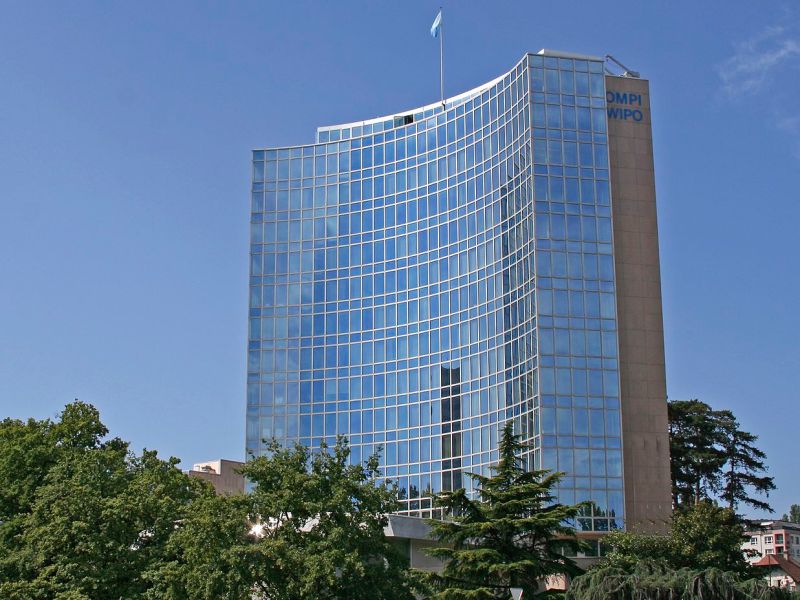The Wikimedia Foundation is extremely concerned about the national security law recently passed in China and implemented in Hong Kong that prohibits a broad range of speech and grants wide-ranging surveillance powers to authorities. This law may have serious implications for protection of the privacy of users on Wikipedia and other projects operated by the Foundation, potentially enabling authorities to request personal user data.
Privacy is critical to sustaining freedom of expression and association, enabling knowledge and ideas to thrive. We strive to protect and preserve those values for the people who contribute their time, energy, and knowledge to Wikimedia projects. The Wikimedia Foundation is dedicated to protecting the privacy of readers and editors, allowing them to contribute clear, fact-based, and uncensored knowledge to the platforms we host.
As detailed in our policies, the Wikimedia Foundation has stringent legal, ethical, and human rights-based standards for responding to requests for user data. We only disclose nonpublic user information if we believe that there is a credible and imminent threat to life or limb that the data would help prevent, or if we are required to under applicable and enforceable law in our jurisdiction. If we were to receive any requests for nonpublic user information from the government of Hong Kong, we would not provide any data unless we were certain of the request’s legal validity after a thorough analysis of this new law, and also a full assessment of applicable law, human rights standards, and the rights of our community members.
The Foundation approaches all requests for nonpublic user information received from government authorities in the same way, safeguarding the ability for anyone, anywhere, to contribute their knowledge to the world without fear of reprisal. As can be seen from our transparency report, released twice a year, we do not grant the large majority of requests that we receive.
Knowledge captured on Wikipedia and its related projects is the work of thousands of global volunteer editors. Every day, volunteers discuss, debate, improve, edit, and even revert contributions, striving to ensure that information is trustworthy and up-to-date. Protecting the privacy of those editors is a critical and necessary foundation to ensure that people feel able to add to, alter, and improve their contributions to knowledge from anywhere in the world.
The members of our community who contribute to, edit, and administer Wikipedia and its related projects do so out of their own generosity and on their own initiative. These projects are a truly collaborative effort and no one person can make a final decision about the information on Wikipedia or other Wikimedia projects by themselves. The Foundation does not dictate or direct their speech; they are not agents or representatives of the Foundation; and they, in turn, are not responsible for the text of this statement or the Foundation’s policy on requests for nonpublic user information.
The Foundation relies on its volunteers to provide the most accurate, reliable information possible to the world. We are dedicated to supporting them in this work, protecting them as they do so to the best of our ability while also providing a safe space for readers to benefit from the information they assemble.




